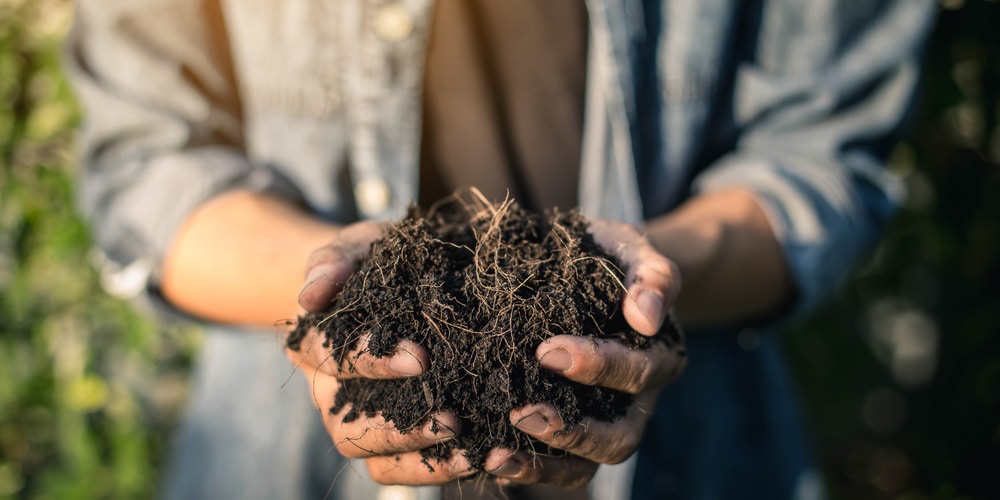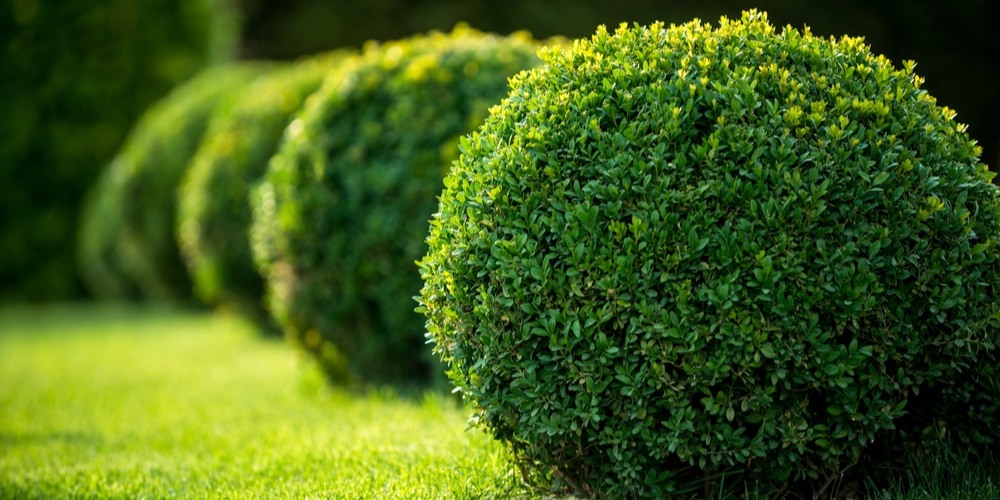Making your own compost is a great way to nourish your plants naturally. Compost can help retain moisture and enrich your soil while lowering your carbon footprint and protecting the environment. You can use food scraps and yard cutting to make compost. It’s also good to add nut shells, including pistachio shells, to your compost.
Homemade compost can help improve your soils help and fight against insect infestation and reduce plant diseases. Reducing the use of chemical fertilizers is a wise idea as it will help protect the environment from harsh toxins.
If you’ve ever found yourself pondering, ‘are pistachio shells compostable?’ read on; this article will tell you all about composting nutshells, including pistachio.
Are pistachio shells compostable?

Pistachio shells are compostable as long as they are the unsalted variety. Don’t put salted pistachio shells in your compost bin, as the salt will affect the soil and create an inhospitable environment for plants to grow. If you put salty compost on plants, it may also kill them.
Pistachio shells are good for your compost as long as they aren’t salted. The shells will take a few years to decompose, and for this reason, many gardeners avoid adding the shells to their compost. However, the shells can bring many benefits to your yard. The outer shells of pistachios are excellent for creating lite compost. They add bulk to your soil, help with aeration and water retention.
Rather than throwing whole shells into your compost bin, it’s best to crush them slightly to create a powder. Broken pieces of pistachio shells can decompose at a more rapid rate.
Other nuts
You can also add the shells of other nuts to your compost as long as they are broken up. Peanuts shells are good for the compost as long as they aren’t salted. These will decompose at a faster rate than nuts with hard shells.
How to use your compost
Once you’ve created a compost heap and let it decompose for a few months, the compost can be applied to your vegetable plot or flower beds. You can carefully mix compost into potting soil when planting seeds as the nutrients help feed new seedlings. Compost can also be used around trees as an organic fertilizer. Rake the compost around your tree.
It’s a good idea to apply compost to your vegetable garden in the fall. Put a few inches of the compost on top of your soil, leave it to rot, and then rake it into the earth in the early spring. The compost will feed your vegetables throughout the growing season.
You can also put a handful of compost into holes before planting seedlings or seeds. Add compost around the base of plants to feed them. Some vegetables, including tomatoes, grow best if they receive monthly compost.
You can add compost to your flower beds in the spring and fall. In the early spring, you can loosen the soil in your flower beds and mix in the compost.
Related: Are Clam Shells Compostable
Other uses for pistachio shells
If you don’t want to make your own compost, you can do many other things with pistachio shells. One of the best uses of pistachio shells is to create drainage for house plants. When repotting house plants add a layer of pistachio shells at the bottom of the pot. This will stop the plant from becoming waterlogged. It’s worth noting that the pistachio shells will decompose eventually, so they will need to be changed; they will generally last about two years.
Unsalted pistachio shells can be used as mulch for plants, shrubs, and trees. They are best for plant varieties that like acidic soils. It’s a good idea to soak the pistachio shells overnight, as this will help add moisture to your plants. Pistachio shell mulch also helps to discourage weeds and can improve fertility.
Salted pistachio shells can be used in your yard to deter snails and slugs. Scattering pistachio shells around the base of your houseplants or outdoor plants will stop cats from digging in your yard as they find it difficult to dig up the shells and will go elsewhere.
Conclusion
Pistachio shells can be ground up and added to your compost to help aerate the soil, add nutrients and help with water retention. Never put salted pistachio in your compost as salt can kill plants and beneficial microorganisms in the ground.
